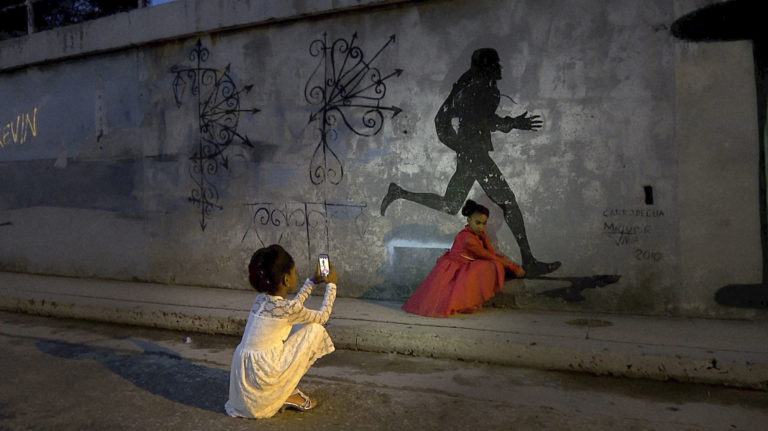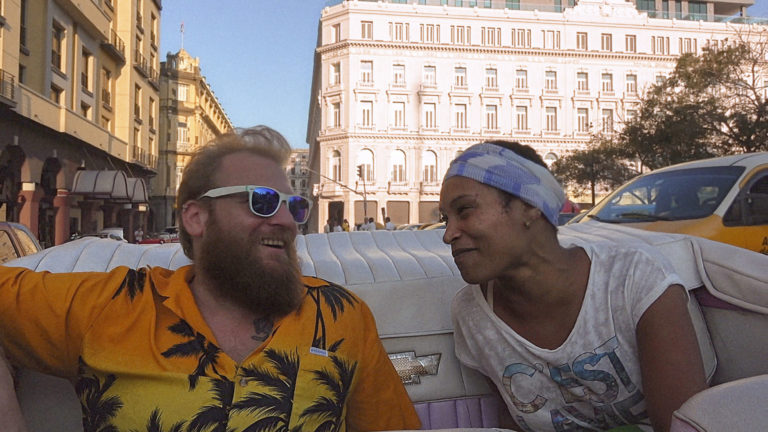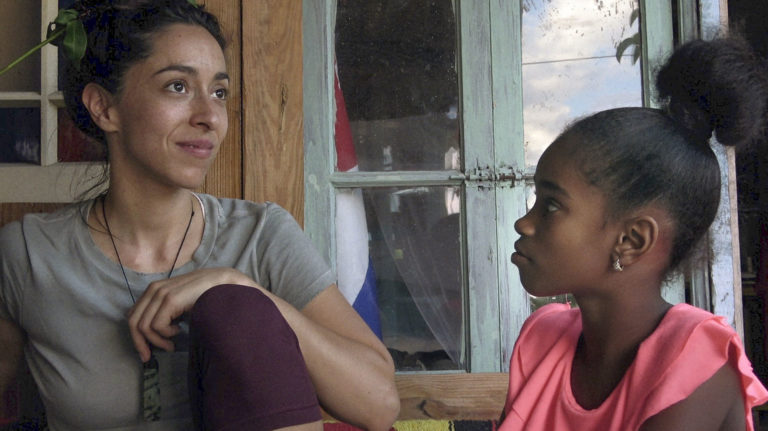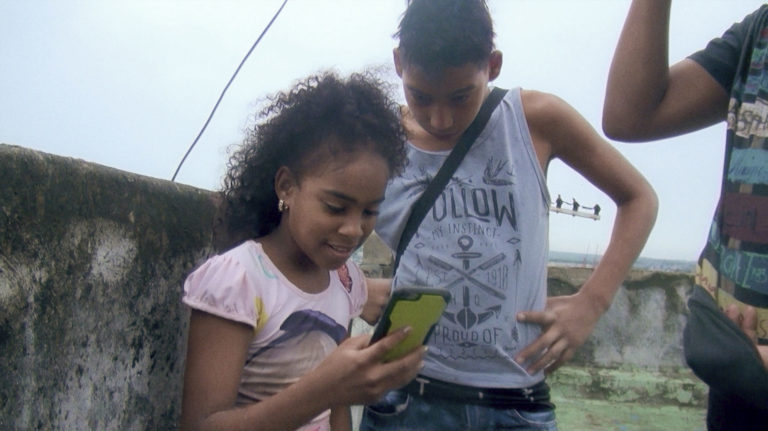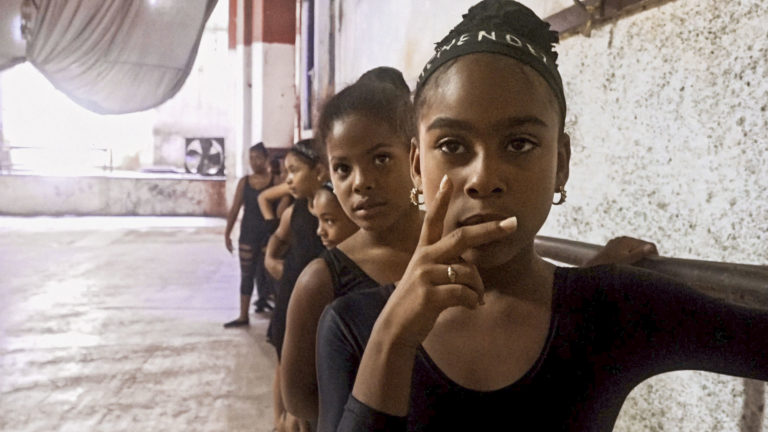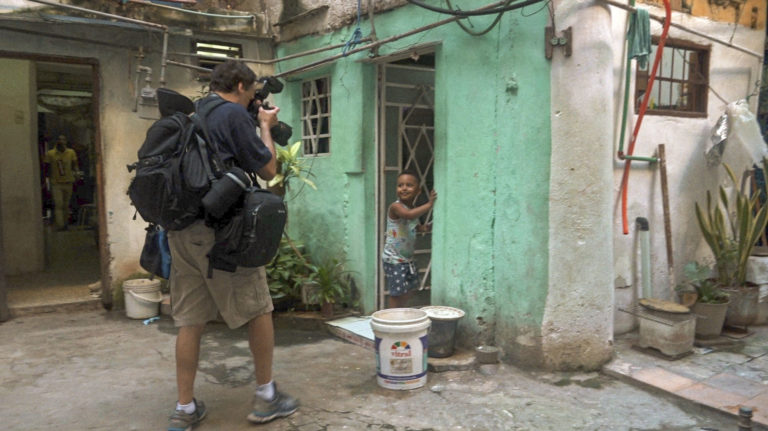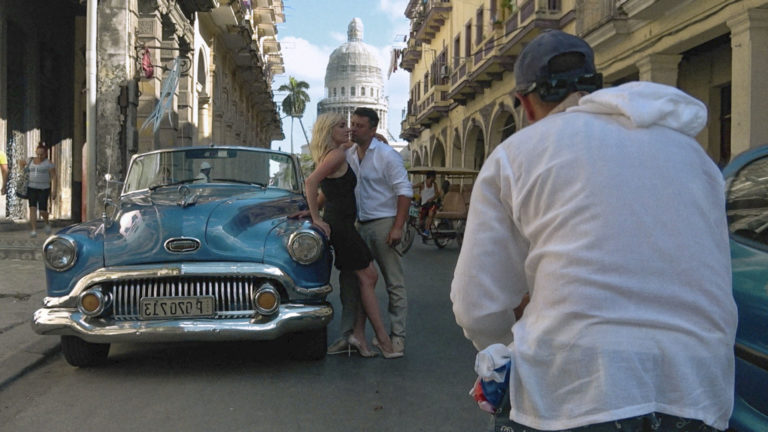In 2021, Hubert Sauper not only won the K3 Feature Film Award for EPICENTRO, he was also awarded the main Carinthian Culture Prize. Many reasons to celebrate together, but due to Covid 19 restrictions we missed out on it yet. We’ll make up for that now and bring him back to Villach. In the morning we do another screening of EPICENTRO and offer you another chance to talk with him, in the evening we all together celebrate a Cuba Charity Party.
All revenues from the screening and the Cuba party will be donated to the children in Havana, the “little prophets”, as Hubert Sauper lovingly calls them.
From world-renowned filmmaker Hubert Sauper — director of Sundance winner “We Come As Friends” and the Oscar®-nominated “Darwin’s Nightmare” — comes EPICENTRO, an immersive and metaphorical portrait of post-colonial, “utopian” Cuba, where the 1898 explosion of the USS Maine still resonates. This Big Bang ended Spanish colonial dominance in the Americas and ushered in the era of the American Empire. At the same time and place, a powerful tool of conquest was born: cinema as propaganda. In EPICENTRO, Sauper explores a century of interventionism and myth-making together with the extraordinary people of Havana — particularly its children, who he calls “young prophets” — to interrogate time, imperialism and cinema itself.
DIRECTOR’S STATEMENT
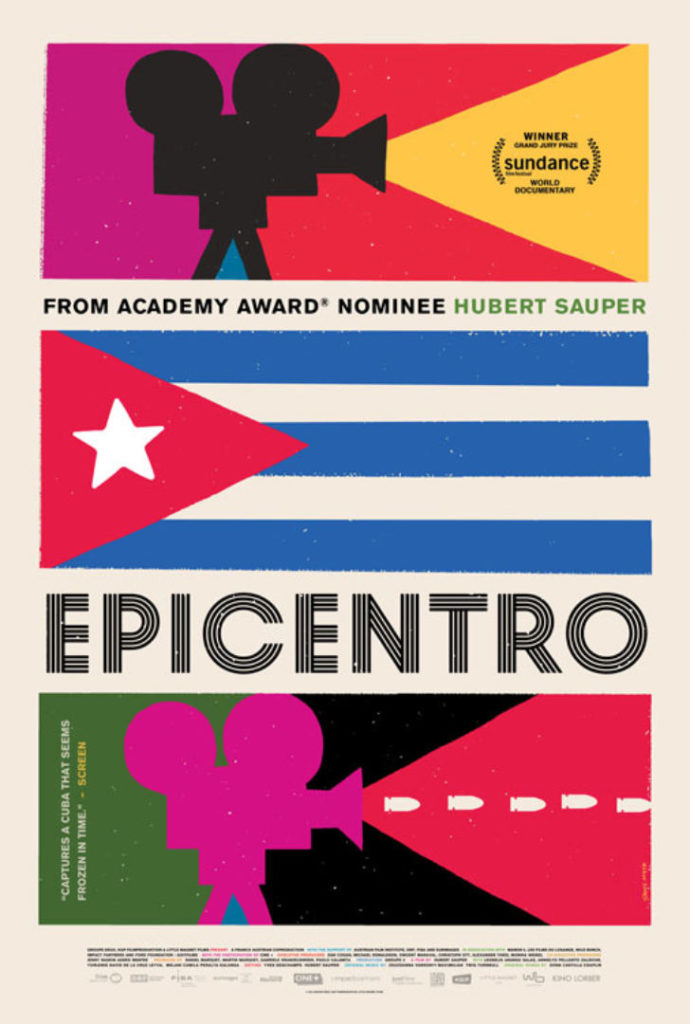
“In all my films the ‘little humans’ that we call children are big stars. I see them as little prophets, truth tellers – that’s what they are. Watching a young person explain the world is often a deeper and more honest, even smarter, even more illuminating experience than watching academics or politicians with bookshelves in the background. We the audience of a film, “are” the child we watch.”
“Moving images don’t reflect history today, they ARE history. What counts is not “what happened in history”, but how it is remembered on film. Cinema is much more than memory: it is prophecy. […] Cinema is a sort of self-fulfilling prophecy. Moving images “program” our minds, and our future.“
“Of the spectrum of all co- existing realities we see a small part. We see what we can, what we want to see, and what is shown to us. As a nonfiction filmmaker, my task is not to “show reality as it is.” That makes no sense, it does not exist. I create a world – a movie – which consists of real people in their real environment, as themselves. […] But the art of cinema can do magic, it can transform factual knowledge into something superior: experience!”
